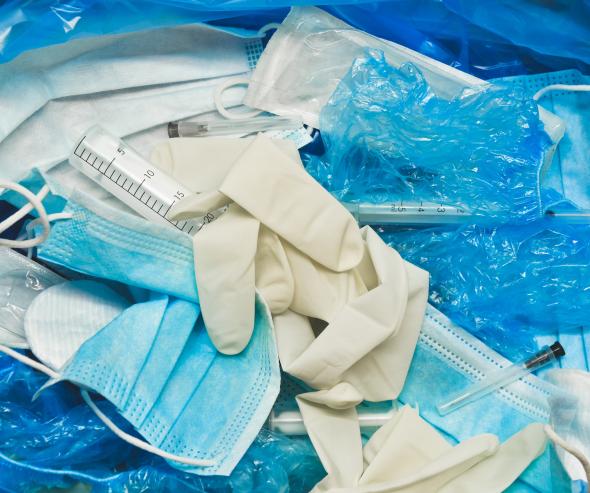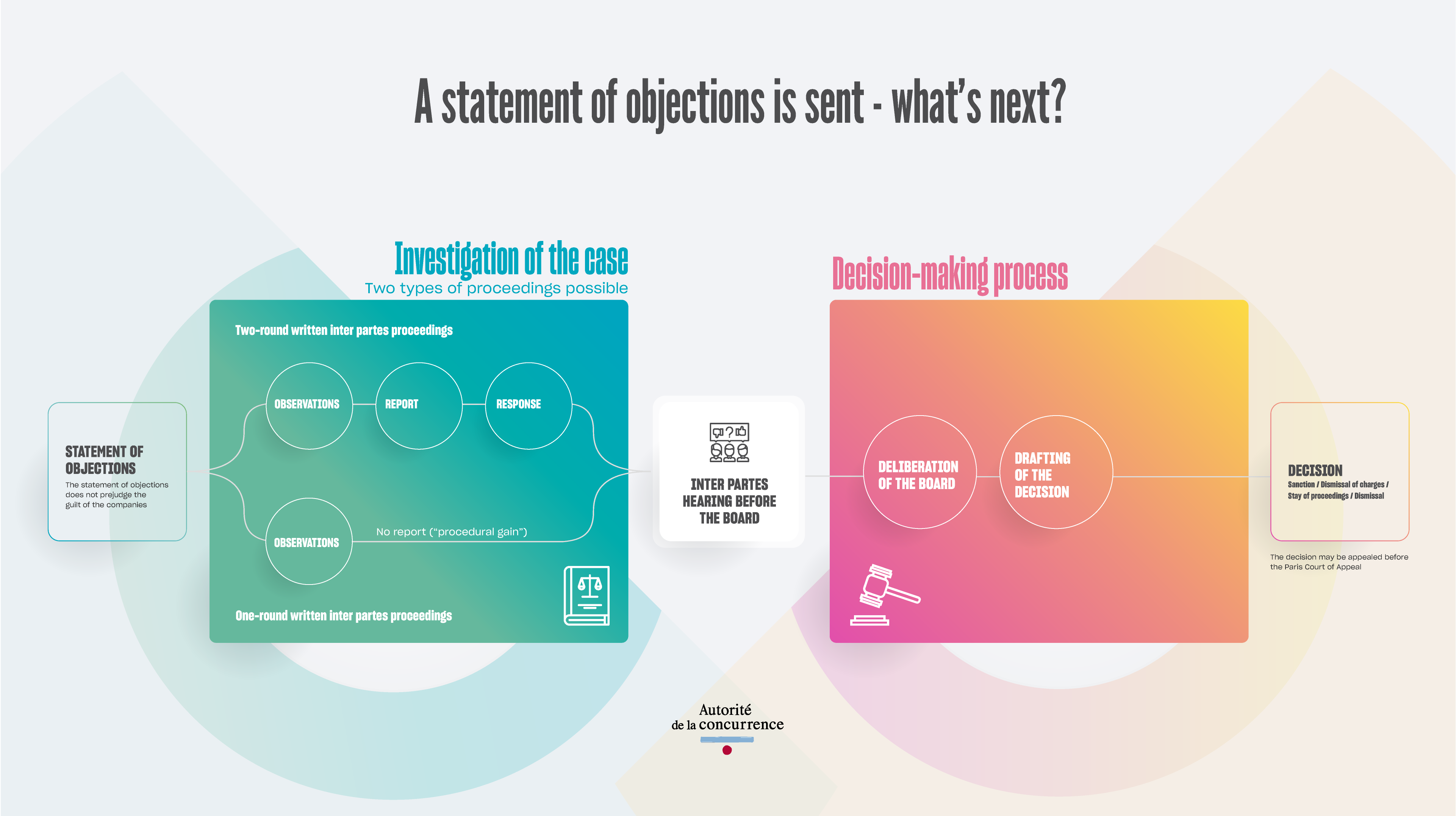Potentially infectious medical waste in the French overseas territories: the General Rapporteur announces that an objection concerning an anticompetitive agreement has been notified regarding an agreement that lead to the creation of a monopoly

Potentially infectious medical waste in the French overseas territories: the General Rapporteur announces that an objection concerning an anticompetitive agreement has been notified regarding an agreement that lead to the creation of a monopoly
The companies concerned are accused of having concluded and implemented an agreement that led to the creation of a monopoly and the elimination of all competition in the potentially infectious medical waste* treatment market in one of the French overseas territories.
The agreement is also likely to have had effects on the related market for the collection and transport of potentially infectious medical waste, in which the new entity also operates.
This investigative act opens inter partes proceedings and enables the parties to exercise their rights of defence. It does not prejudge the guilt of the companies that have received the statement of objections. Only an inter partes investigation, respecting the rights of defence of the parties concerned, will enable the Board to determine, after exchanging written observations and following an oral hearing, whether the objection is well-founded.
The Autorité de la concurrence will not comment further, either on the companies or on the practices in question.
* In accordance with Article R. 1335-1 of the French Public Health Code (Code de la santé publique), medical waste is “waste produced from diagnosis, follow-up and preventive, curative or palliative treatment, in human and veterinary medicine”.

The Autorité is now authorised to communicate on statements of objections
Article L. 463-6 of the French Commercial Code (Code de commerce) provides that the Autorité may publish brief information relating to the actions that it takes with a view to the investigation, observation or sanction of anticompetitive practices, when the publication of this information is carried out in the public interest and in strict compliance with the presumption of innocence of the companies or associations of companies concerned.
This possibility results from an amendment to the French Commercial Code (Code de commerce) by ordinance (ordonnance) 2021-649 of 26 May 2021 relating to the transposition of Directive (EU) 2019/1 of the European Parliament and of the Council of 11 December 2018 aiming to empower the competition authorities of the Member States to be more effective enforcers and to ensure the proper functioning of the internal market.
Other European competition authorities use this option, such as the European Commission and the Austrian, Belgian, Dutch, Greek and Portuguese competition authorities.
The statement of objections is the “indictment”. This document is sent by the Autorité’s Investigation Services to companies or organisations suspected of having implemented anticompetitive practices (mainly cartels and abuse of dominant position).
This investigative act opens inter partes proceedings before the Autorité, during which the parties can make any legal or factual observations, in accordance with their rights of defence.
Written inter partes proceedings were reformed by the law of 3 December 2020, known as the “DDADUE Act”.
Now, depending on the characteristics of the case, there may be one or two written inter partes rounds.
In all cases, the case gives rise to an oral hearing before the Board, during which the parties, the Government Commissioner and, where applicable, witnesses or experts are heard.
A statement of objections does not prejudge in any way the guilt of the companies or organisations concerned. It is only at the end of the investigation, and following a hearing, that the Board independently determines whether the objections are well-founded.
Contact(s)
